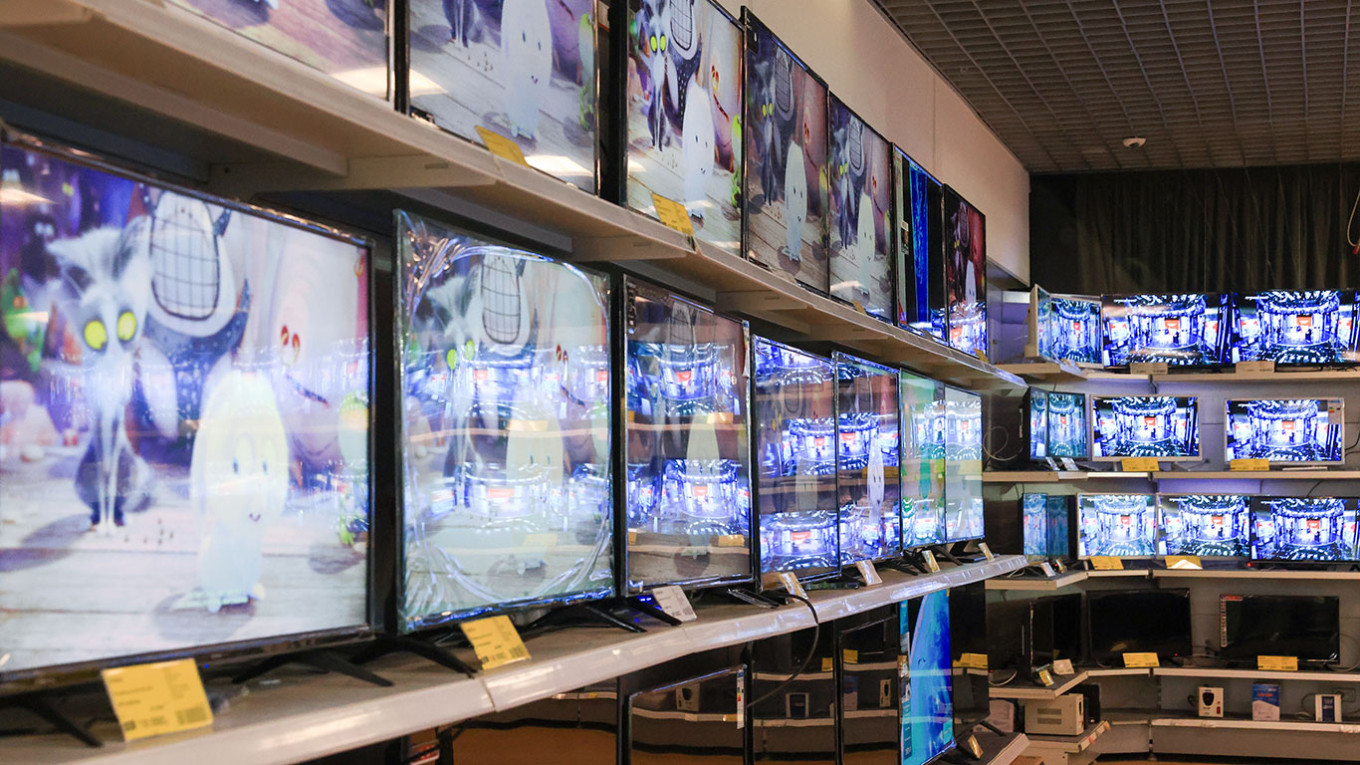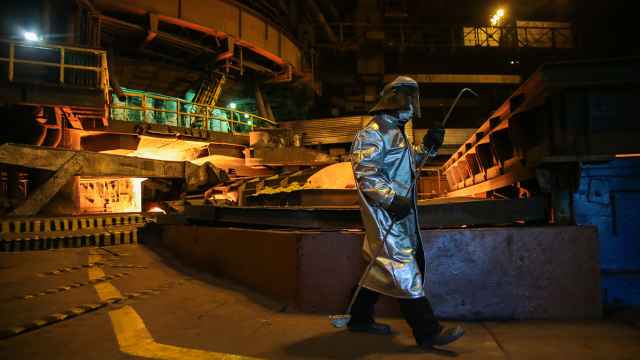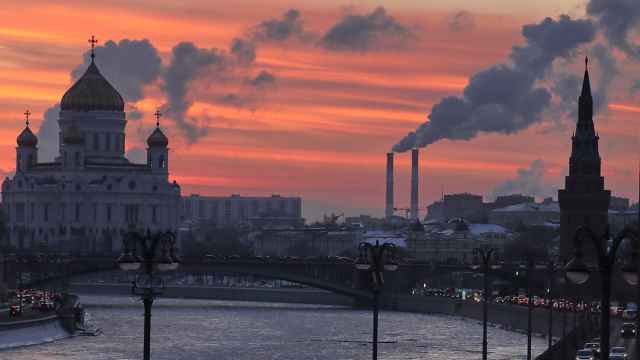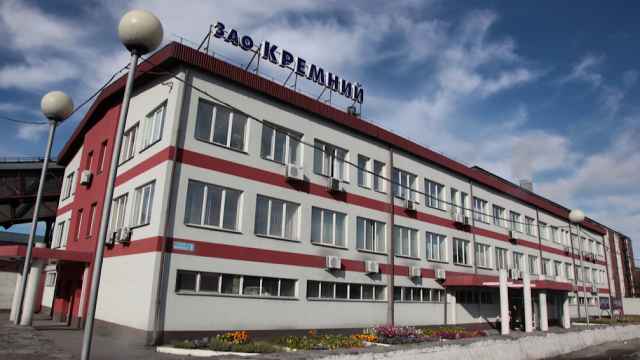Russian authorities are exploring the introduction of a new industrial levy aimed at shielding local manufacturers from foreign competition while helping to fill widening gaps in the federal budget, Industry and Trade Minister Anton Alikhanov said.
The proposal comes amid the sharpest contraction in manufacturing activity since the early months of the full-scale invasion of Ukraine, as well as mounting fiscal pressure on the state.
Speaking before the upper-house Federation Council, Alikhanov cited a recycling fee currently imposed on the automotive sector as a policy model.
That fee, originally intended to offset the environmental costs of vehicle disposal, is imposed on both domestic and foreign manufacturers — though Russian automakers are reimbursed by the state.
“The recycling fee has proven effective as a protective tool for the domestic car market,” Alikhanov said.
However, AvtoVAZ President Maxim Sokolov, whose company is Russia’s largest carmaker, said the recycling fee provides only limited relief and called for additional state support.
“In addition to existing macroeconomic pressures, domestic producers face serious risks from dumping by importers from various countries,” Alikhanov said, referring to foreign companies selling goods in Russia below their market value, creating unfair competition for domestic producers.
Beyond this, high interest rates have sharply reduced demand for many goods, particularly durable ones. The strength of the ruble has also complicated the situation for Russian manufacturers, as a high ruble hampers exports.
“Whatever form it ultimately takes, the proposed industrial levy would provide additional budget revenues and help sustain local manufacturing,” Alikhanov said, describing it as a “protective mechanism” that “enables the continued development of domestic industries.”
Russia’s state budget is also under significant strain, with the projected deficit expected to surpass 3.8 trillion rubles ($48 billion), or 1.7% of GDP.
Analysts at Gazprombank estimated that the real figure could climb to 4.3 trillion rubles ($55 billion).
First Deputy Industry and Trade Minister Vasily Osmakov singled out the radio-electronics industry as a potential candidate for the proposed levy. However, no official decision has been made on which sectors will be covered.
Sales of household appliances and electronics fell in nominal terms for the first time in the first quarter, according to Dmitry Alekseev, founder of the DNS retail chain. Many consumers rely on credit to purchase electronics and household appliances, but consumer lending has been in decline for eight consecutive months.
The state statistics service Rosstat reported that TV production declined by 25% in the first five months of 2025 compared with the same period of 2024, while washing machine output fell by 3% and refrigerator production by 9%.
Calls for the introduction of an industrial levy or similar support measures have also come from sectors including the shoemaking industry and from manufacturers of LED lights and fiber-optic cables. But so far, the ministry has held off on enacting broader measures.
A Message from The Moscow Times:
Dear readers,
We are facing unprecedented challenges. Russia's Prosecutor General's Office has designated The Moscow Times as an "undesirable" organization, criminalizing our work and putting our staff at risk of prosecution. This follows our earlier unjust labeling as a "foreign agent."
These actions are direct attempts to silence independent journalism in Russia. The authorities claim our work "discredits the decisions of the Russian leadership." We see things differently: we strive to provide accurate, unbiased reporting on Russia.
We, the journalists of The Moscow Times, refuse to be silenced. But to continue our work, we need your help.
Your support, no matter how small, makes a world of difference. If you can, please support us monthly starting from just $2. It's quick to set up, and every contribution makes a significant impact.
By supporting The Moscow Times, you're defending open, independent journalism in the face of repression. Thank you for standing with us.
Remind me later.






